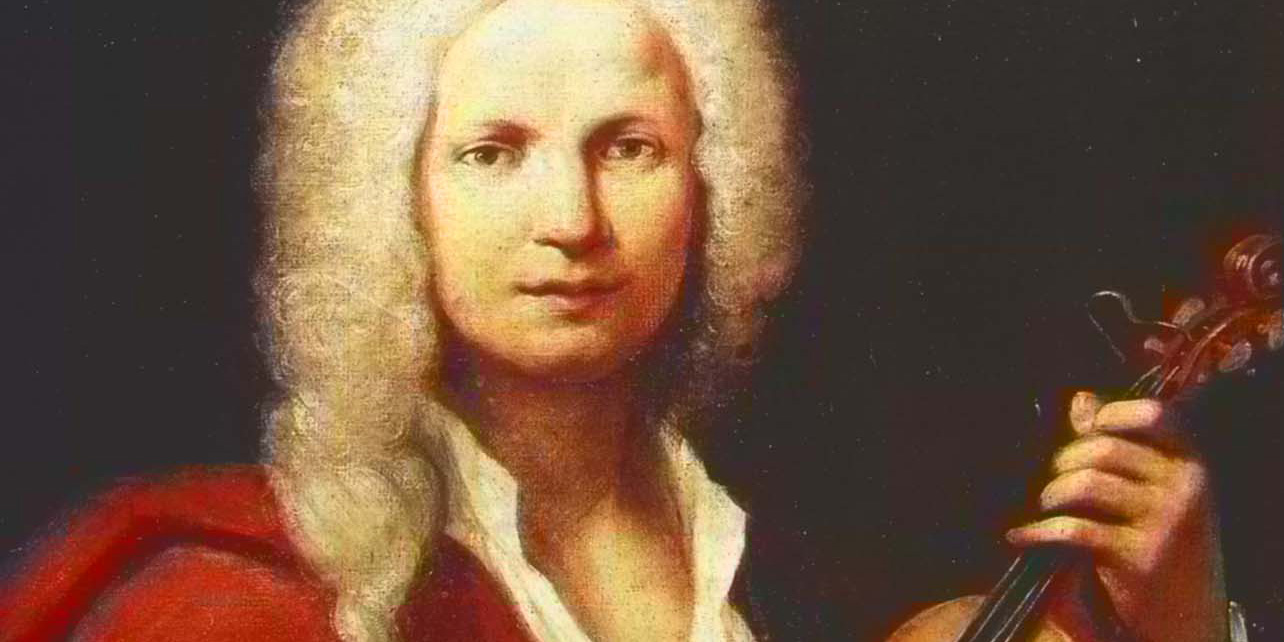
Antonio Vivaldi: The Melodious Maestro of Baroque Music
In the world of classical music, few composers have left as indelible a mark as Antonio Vivaldi. Born in Venice, Italy, on March 4, 1678,[…]
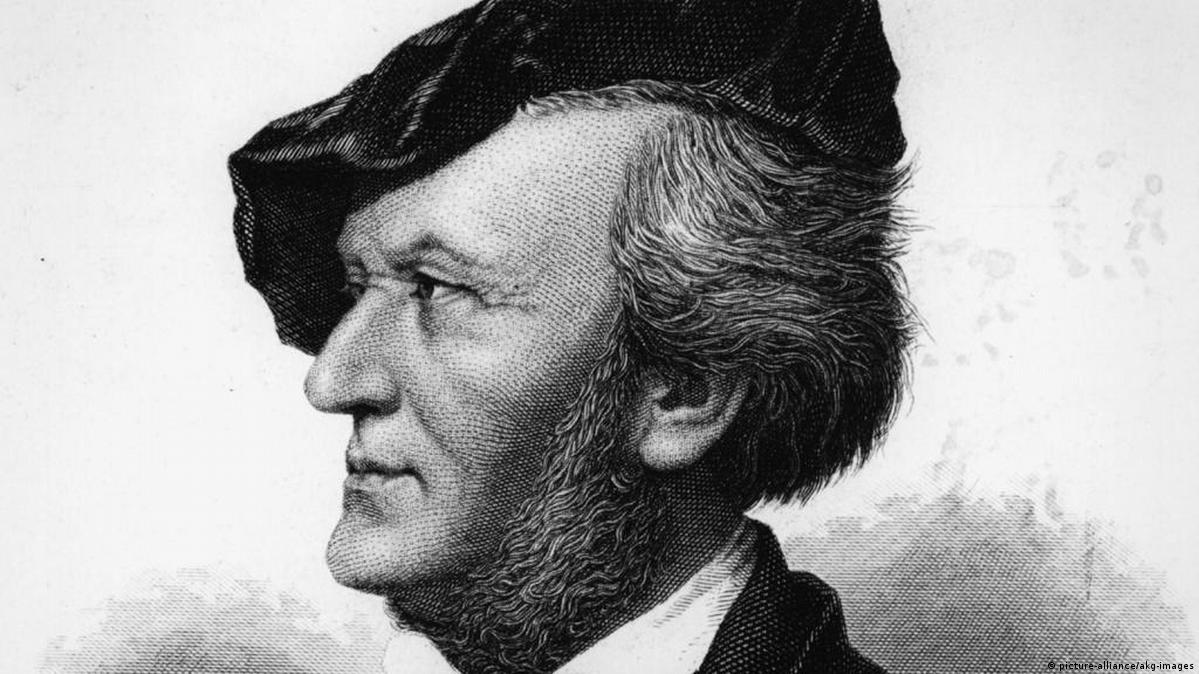
Life and History of Wagner
Richard Wagner’s passion for music blossomed at an early age. Growing up in a theatrical family, he was exposed to the arts from the start.[…]
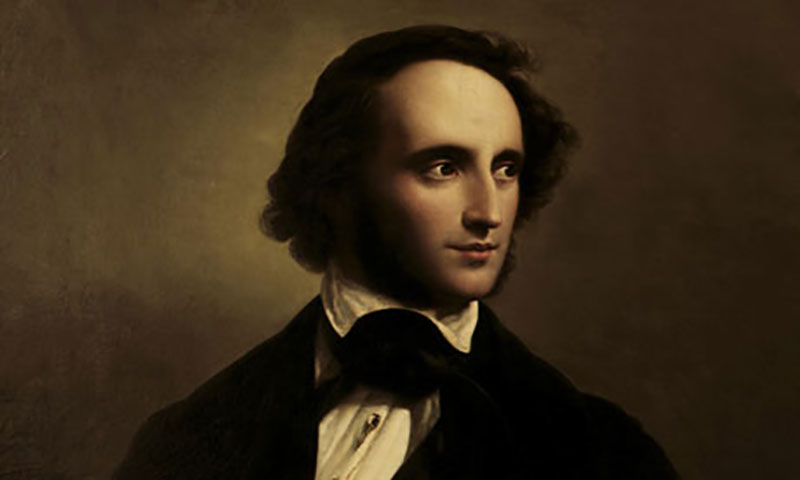
Felix Mendelssohn: A Musical Prodigy and Romantic Virtuoso
Felix Mendelssohn Bartholdy was a musical genius of the Romantic era whose prodigious talent and prolific output left an indelible mark on the classical music[…]
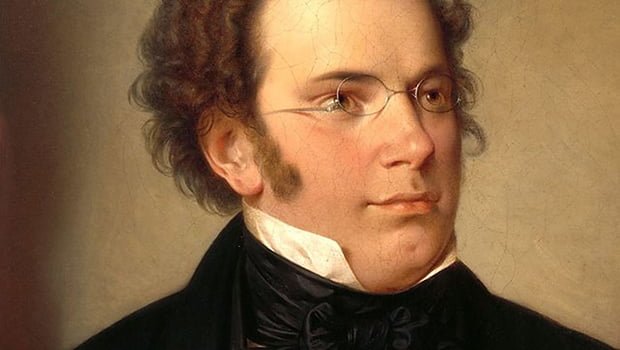
7 Facts About Schubert You Didn’t Know
Franz Schubert was a renowned Austrian composer of the late Classical and early Romantic eras. Despite his short life, Schubert’s musical genius left an indelible[…]
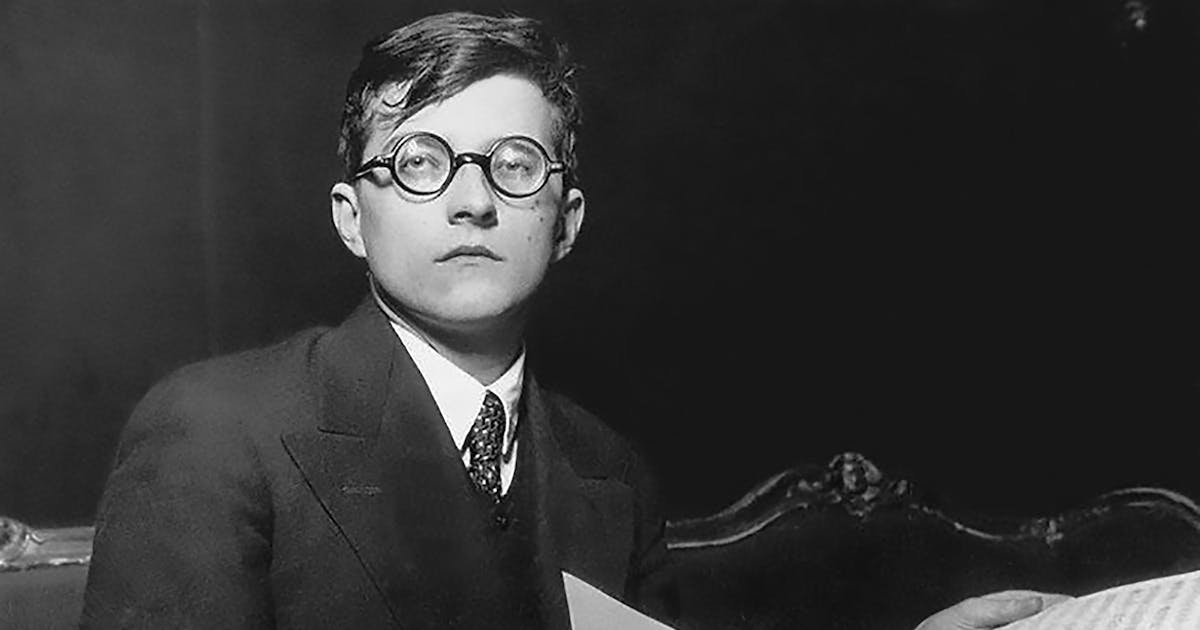
Life and History of Shostakovich
Dmitri Shostakovich was a prominent Russian composer of the 20th century, known for his powerful and emotionally charged music. Born on September 25, 1906, in[…]
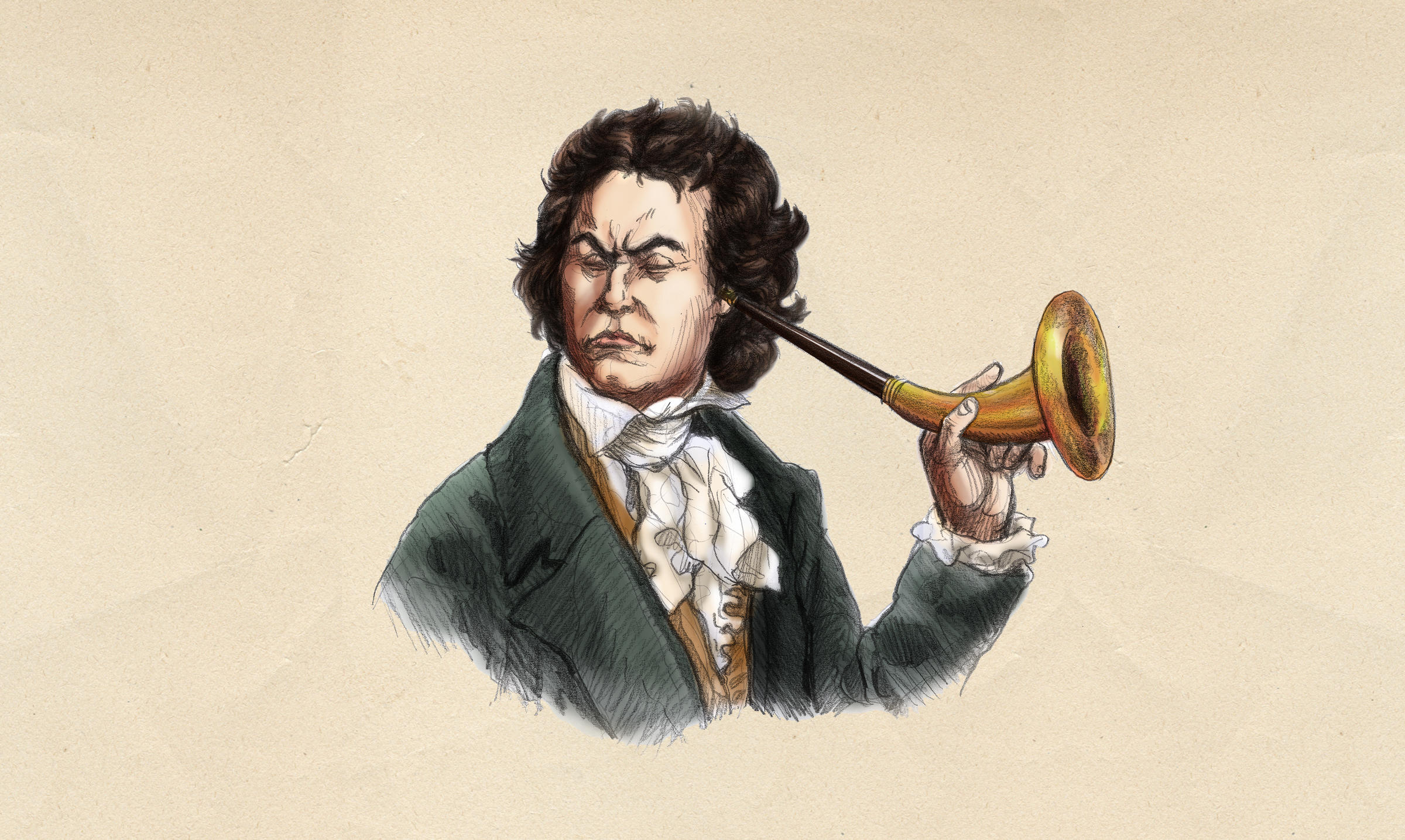
How and why did Beethoven become deaf?
Ludwig van Beethoven, the renowned composer and pianist, is widely celebrated for his incredible musical achievements. However, behind his extraordinary talent lies a tragic and[…]

How did Mozart start composing?
Mozart, one of the greatest composers in history, began his journey as a composer at a remarkably young age. Wolfgang Amadeus Mozart was born on[…]

Life and History of Schubert
Franz Schubert was one of the most influential composers of the late Classical and early Romantic eras. He was born on January 31, 1797, in[…]

Anton Bruckner: A Composer of Monumental Symphonies
Anton Bruckner was one of the most original and influential composers of the late 19th century. He is best known for his symphonies, which are[…]
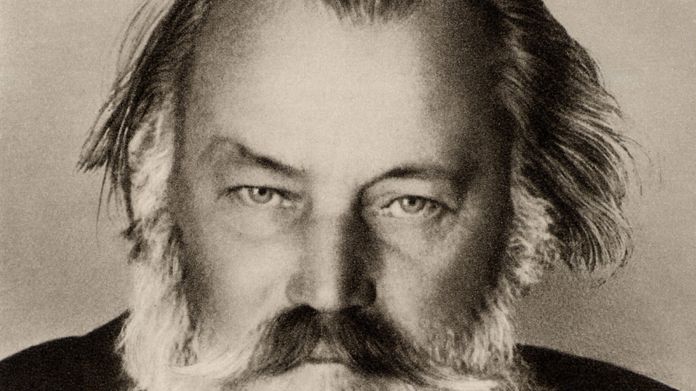
Life and History of Brahms
Johannes Brahms was one of the most influential composers of the 19th century. He was born in Hamburg, Germany, on May 7, 1833, to a[…]